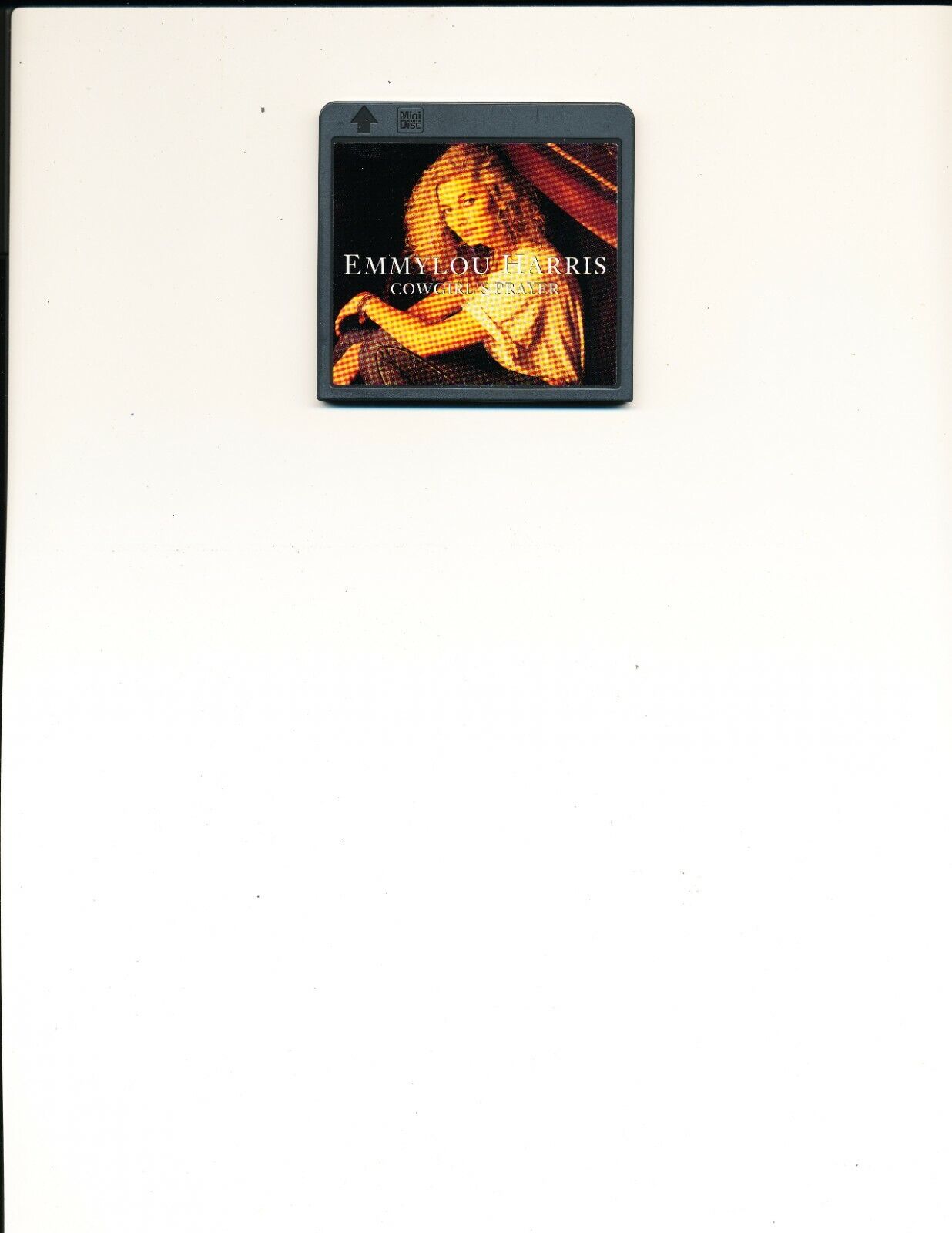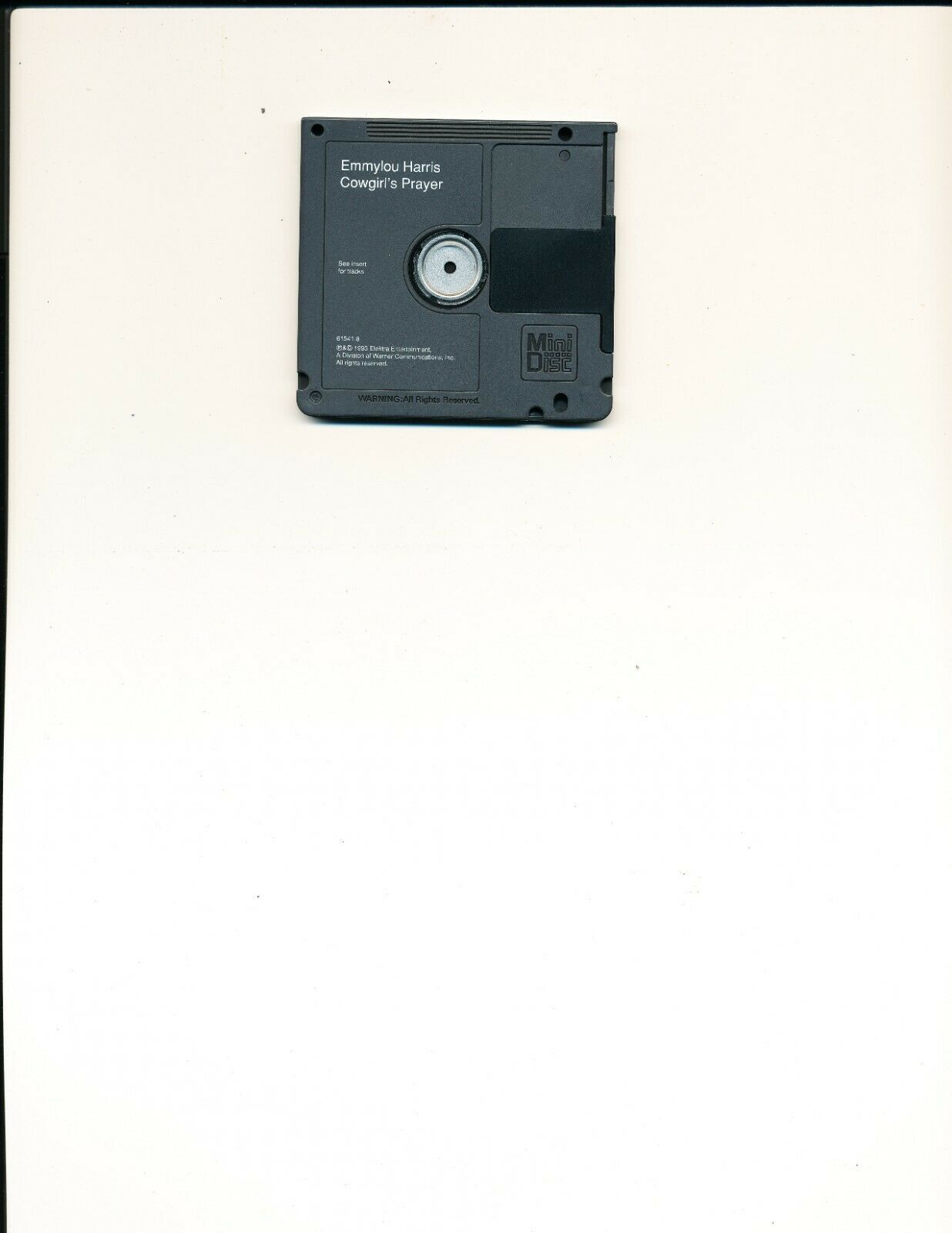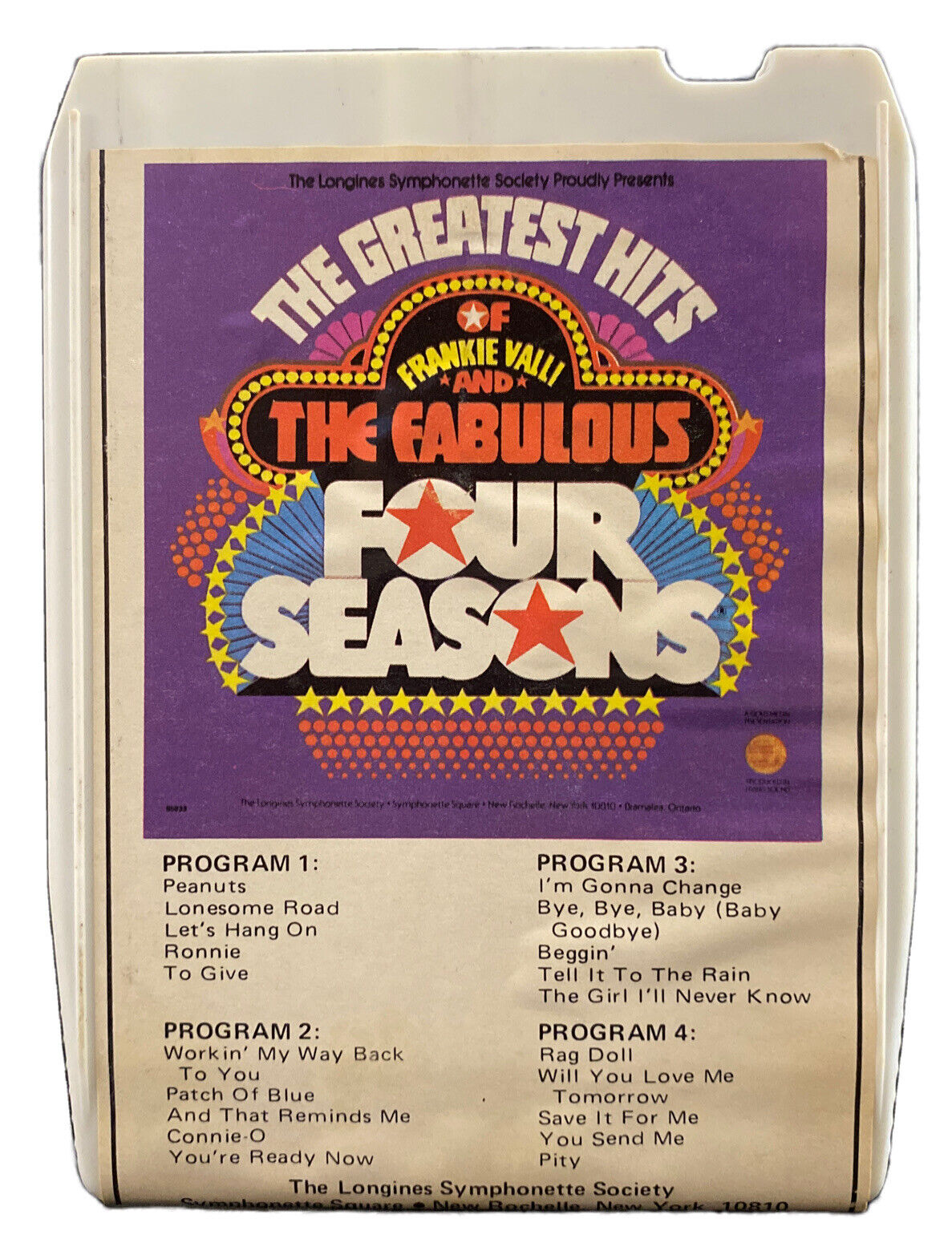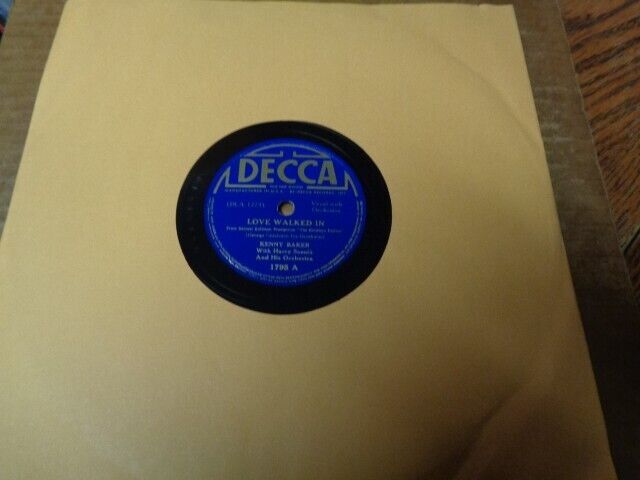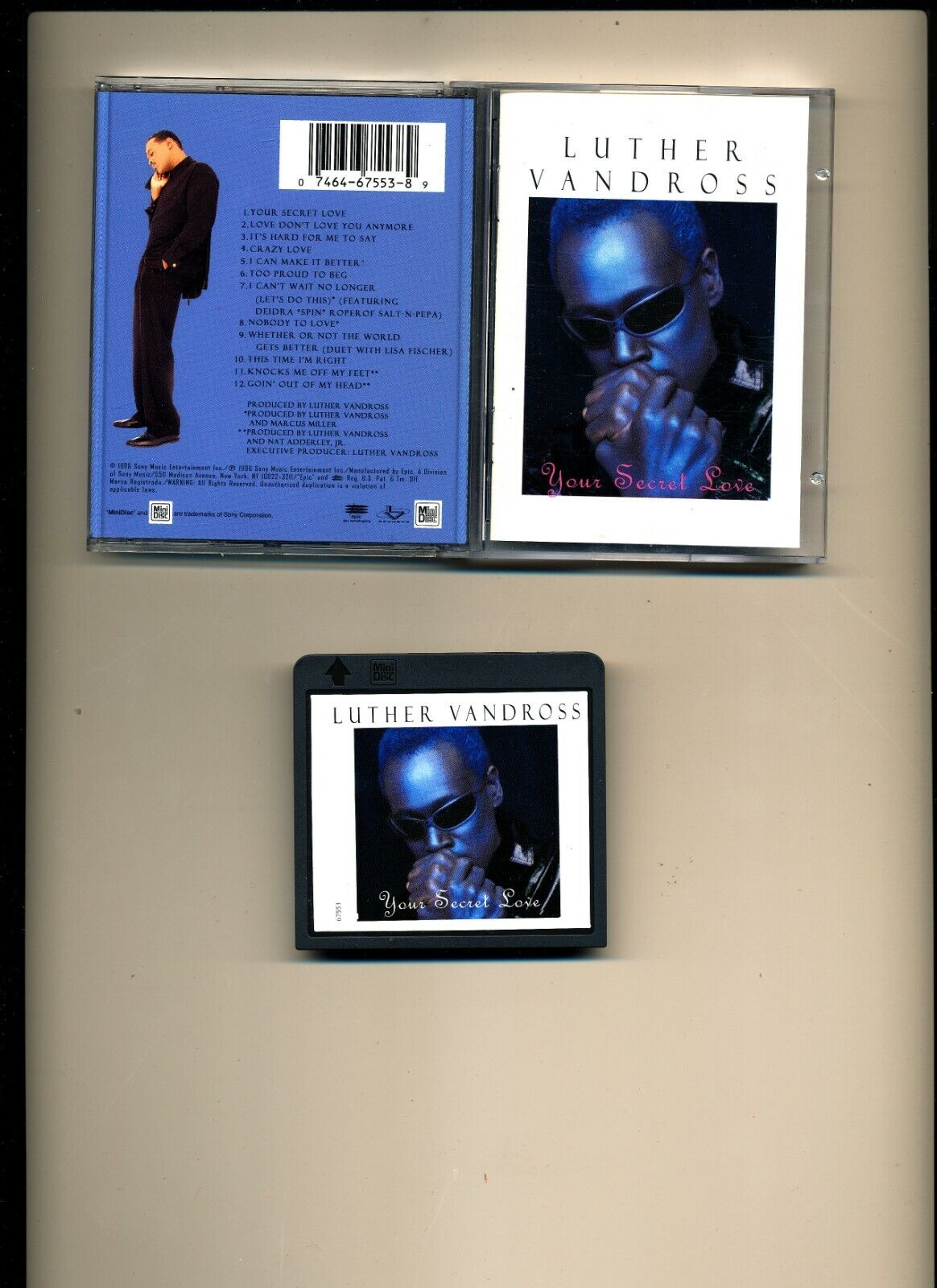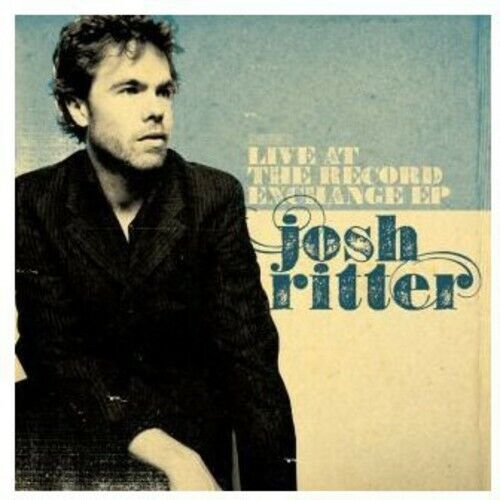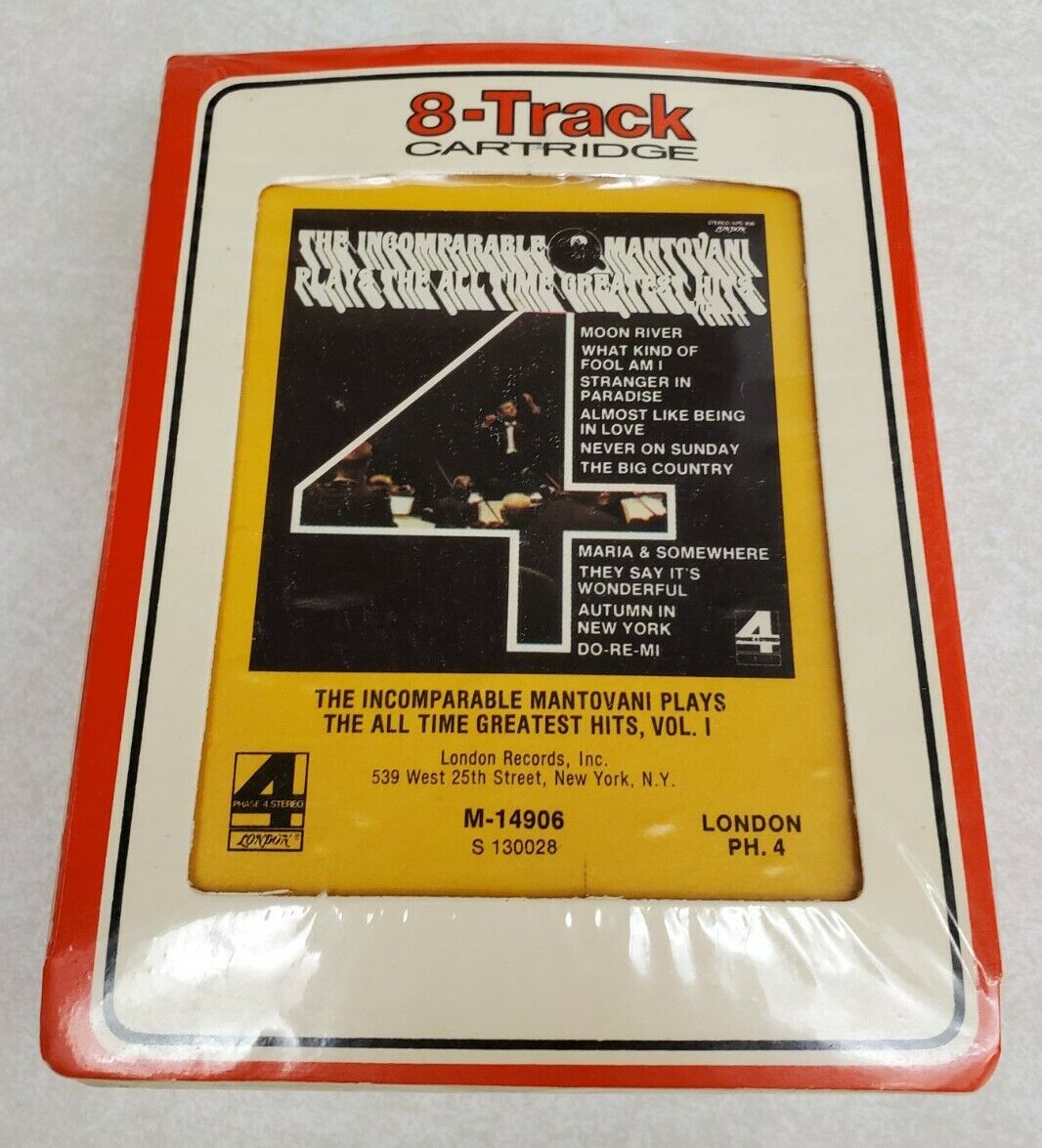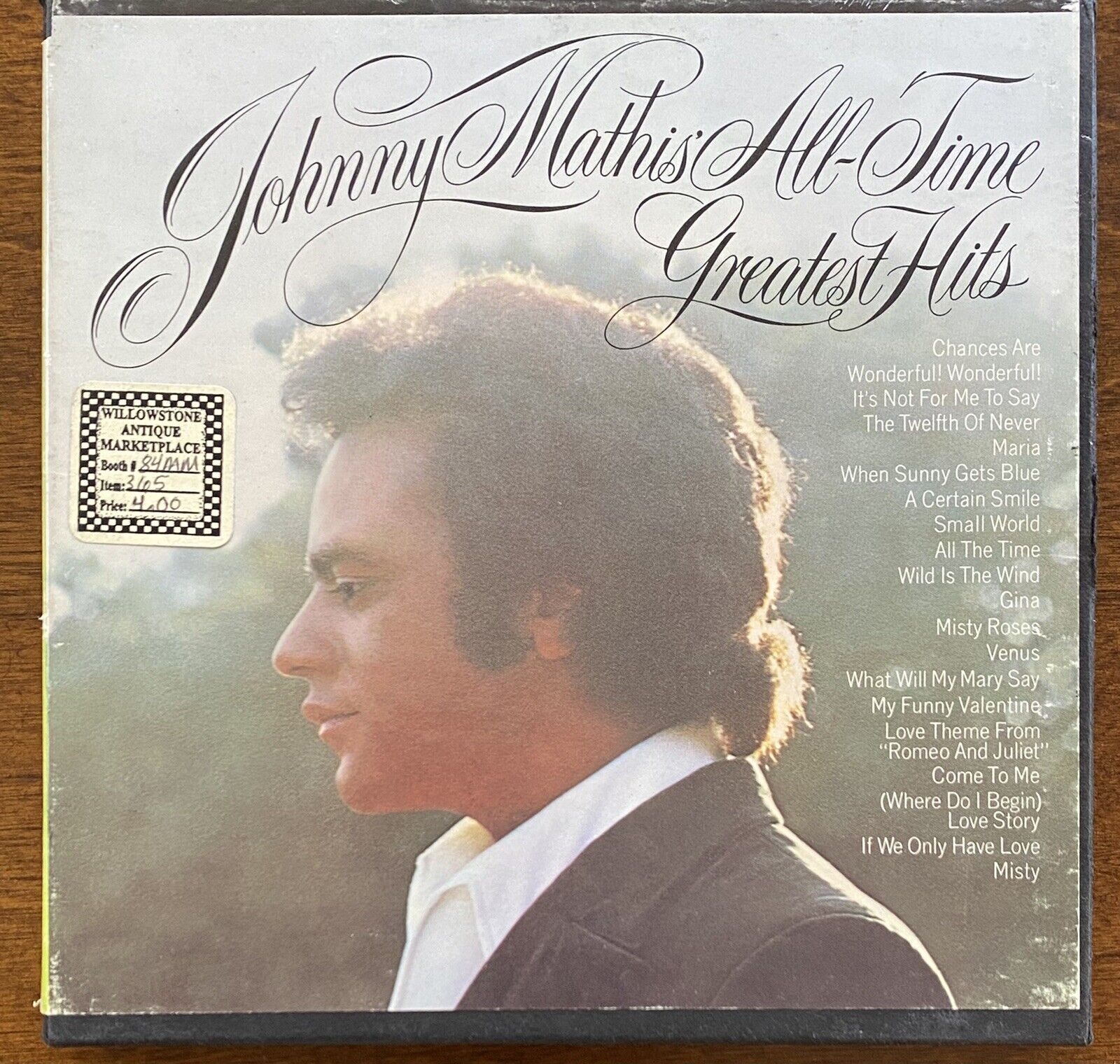-40%
Emmylou Harris - Cowgirl's Prayer (MiniDisc ONLY) Very Rare
$ 20.59
- Description
- Size Guide
Description
Cowgirl's Prayer Review from AllMusicGuide (MiniDisc Only) VERY RARECowgirl's Prayer, recorded in 1993, was the last album Emmylou Harris recorded before beginning a long association with producer and songwriter Daniel Lanois, creating her band Spyboy, and recording her exit from Elektra with Wrecking Ball. In other words, it was the last "traditional" Emmylou Harris record. Produced by Allen Reynolds and Richard Bennett, it features 11 stellar cuts by songwriters such as Lucinda Williams ("Crescent City"), Leonard Cohen ("Ballad of a Runaway Horse"), David Olney ("Jerusalem Tomorrow"), Kieran Kane ("The Light"), Eddy Arnold (the classic "You Don't Know Me"), and, in a welcome change, Harris herself ("Prayer in Open D"). This is also filled with Nashville session aces as well as Kane; backing vocalists who include Trisha Yearwood, Alison Krauss, and Ashley Cleveland; and famed bassist Edgar Meyer. The Arnold track, Harris' own composition, and her reading of Williams' "Crescent City" are standouts to be sure, in that Harris allows her voice to move deeper into the lyric than the arrangements would normally allow. But it is on Olney's "Jerusalem Tomorrow" that the weight of the album rests, with Al Perkins' whining pedal steel and Sam Levine's clarinet winding their way through the mix. The story involves a charlatan who heals the sick and makes a mute speak, a false prophet who feels his game is being eclipsed by a strange, wandering Galilean who doesn't charge for his works of wonder. When the false prophet encounters Jesus, he decides to go along with his game as long as his way is paid, and prepares to go into Jerusalem the next day. Given that it is spoken and not sung, Harris dislocates her way of conveying emotion in a song; that she becomes convincing as a male figure is another shapeshift, and finally that there is no overly moral tone in her delivery, but strictly one of empathy, opens up not only the song, but Harris and the rest of the album to an entirely different set of critical criteria. Cowgirl's Prayer is one of Harris' most emotionally honest and musically satisfying recordings that matches the intensity, diversity, and musical ambition of her earliest works.
